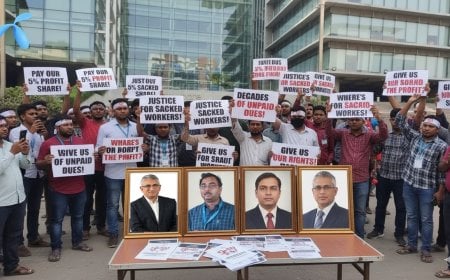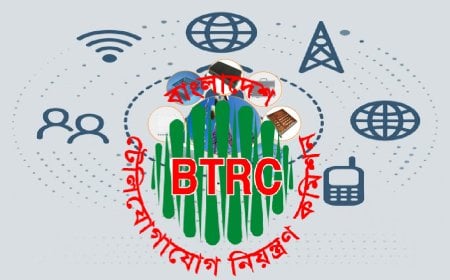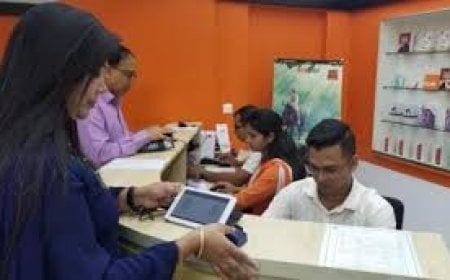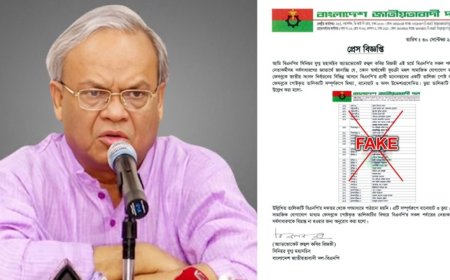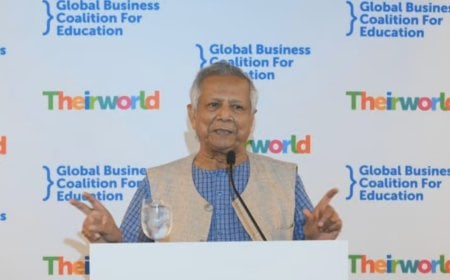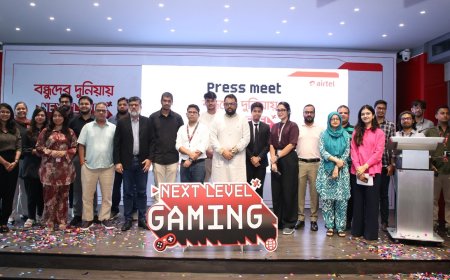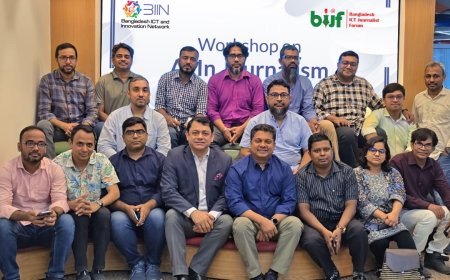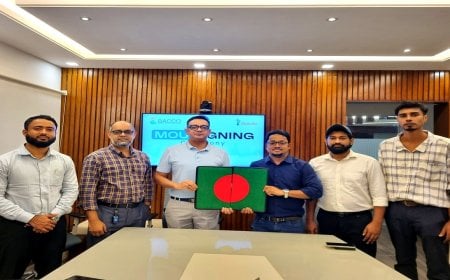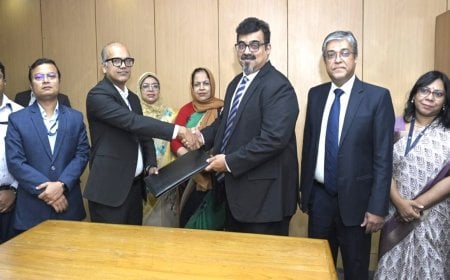Retina Roundtable: Responding to Rising Risk of Diabetic Blindness
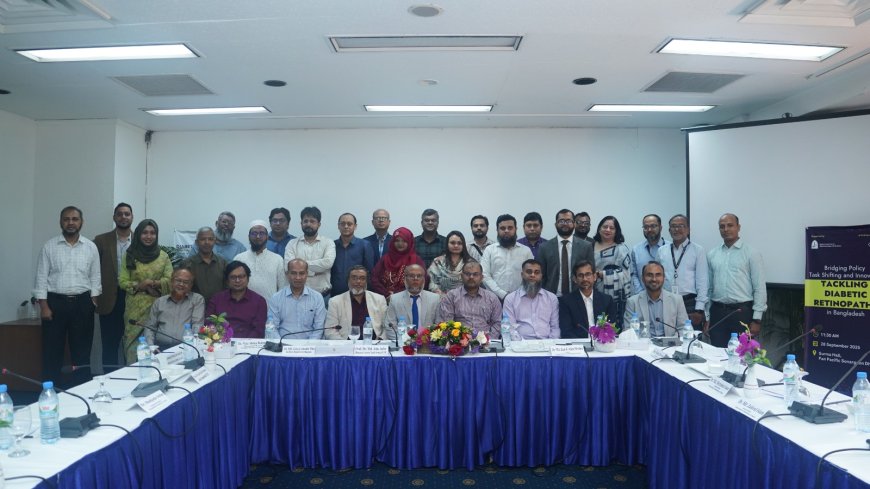
To mark World Retina Day 2025, the National Institute of Ophthalmology and Hospital (NIOH) and Roche Bangladesh jointly organized a roundtable discussion titled “Bridging Policy, Task Shifting and Innovation: Tackling Diabetic Retinopathy in Bangladesh.” The event, held on September 28 at the Pan Pacific Sonargaon Hotel in Dhaka, brought together key stakeholders from across the health sector.
Participants included policymakers, healthcare experts, representatives of international NGOs, and members of the private sector. The discussions focused on practical strategies to address the growing burden of diabetic retinopathy (DR) in Bangladesh.
Diabetic retinopathy, a condition directly linked to diabetes, has become one of the leading causes of blindness in the country. The rapid rise of the disease has made it a pressing public health challenge. Limited public awareness, inadequate diagnostic programs, insufficient preparedness in the health sector, and poor coordination among stakeholders have restricted the scope of screening and treatment. Against this backdrop, the roundtable identified gaps in screening, diagnosis, and care, while also exploring opportunities for a coordinated national response through public-private partnerships.
Senior officials from the Government of Bangladesh, including members of the Directorate General of Health Services (DGHS) and the Ministry of Health and Family Welfare, attended the event.
Also present were the Director of the National Institute of Ophthalmology and Hospital, senior ophthalmologists, retina specialists, representatives from the Ophthalmological Society of Bangladesh, the Bangladesh Vitreo-Retina Society, BIRDEM, and BDS.
Dr. Md. Jane Alam Mridha, Director of the National Institute of Ophthalmology and Hospital, stated in his presentation, “The formation of an effective working committee with multi-sectoral participation is essential for a successful and efficient diabetic retinopathy screening program.”
In addition, representatives from the private sector, international development agencies, and NGOs—including Orbis International, Helen Keller International, The Fred Hollows Foundation, Sightsavers Bangladesh, Good People International, and Roche Bangladesh’s commercial, market access, and policy teams—took part in the discussions.





